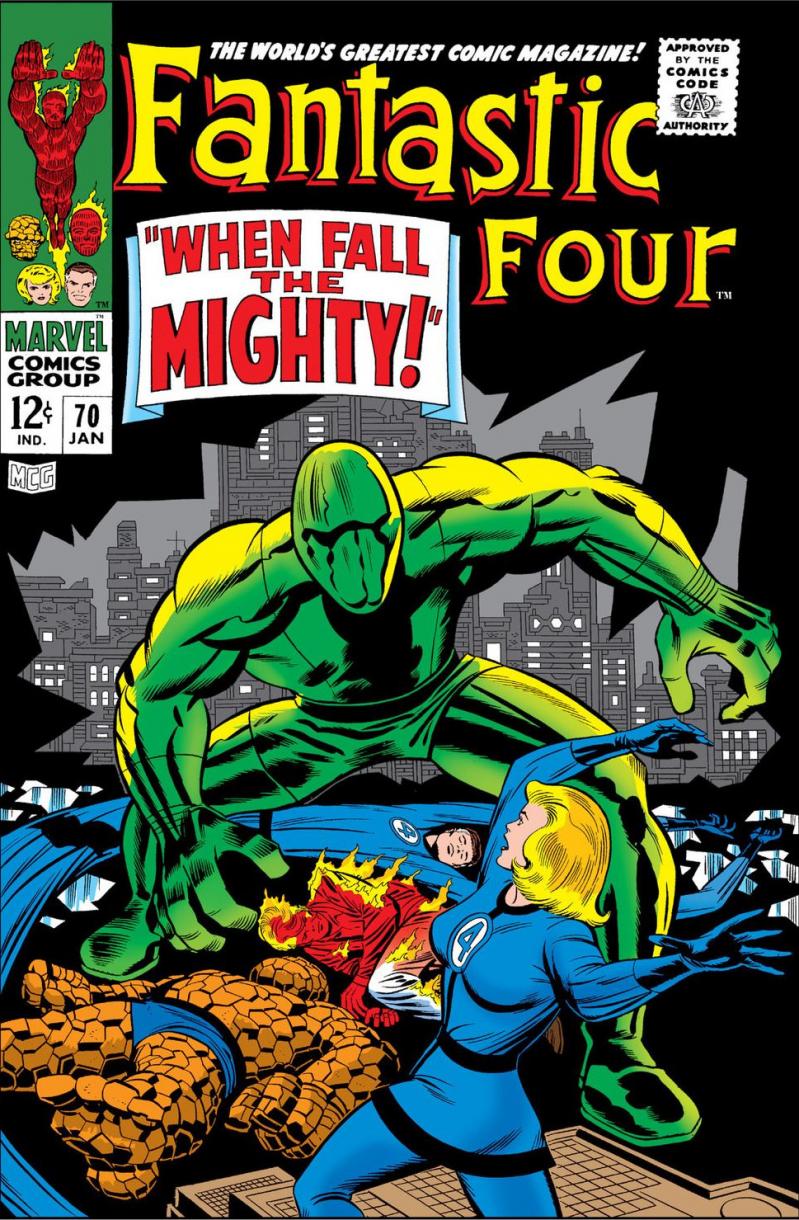As a fifth grader at the Sag Harbor Elementary School’s wax museum, where the kids strike poses as significant figures from history, culture, or sports after doing their due research, my now-19-year-old son embodied Stan Lee — helmet of a gray wig, unfashionable mustache, yellow-tinted shades, array of Marvel comics whose heroes he supposedly created laid out before him, all of it.
He looked up to the guy. Once at Comic Con at the Javits Center we even waited in line for too long and paid too much for the privilege of a quick face-to-face — “Hiya, kiddo!” — and a signature.
So it’s tough to bring up what a hack he was.
A friend I’ve known since kindergarten, and like me a comic book nut for far too much of his youth, has been forwarding me devastating online postings critiquing Lee’s work on The Fantastic Four circa 1967, more than once under the heading “The Terrible Writing of Stan Lee,” with example panels highlighted and analyzed, one showing Mr. Fantastic, the smartest man on the planet, uncharacteristically enthusing as he flings himself into action, “They weren’t just whistlin’ Dixie!”
The problem was that the stories were painstakingly plotted, laid out, and penciled by the artist, in this case the great imagineer, the cigar-chomping Jack Kirby, who once said he’d “saved Marvel’s ass” with his raft of characters. Stan Lee would only parachute in to add dialogue to the word balloons.
Thus the title of another takedown, “The Terrible Writing and Creepy Sexism of Stan Lee,” as all the agency Kirby had given the Invisible Girl in battling a super-powered android was undercut by Lee’s dialogue that had Mr. Fantastic instructing her how to handle herself, even though he appeared to be unconscious as rendered by Kirby.
“A Stan Lee and Jack Kirby Production.” It was always sold as a collaboration, something like Lennon and McCartney. But it was the artists who were the real, er, artists. They were the show. The twisted part being how they were taken advantage of at Marvel in those days, not unlike screenwriters in the old Hollywood studio system — underpaid, undercredited, disrespected, no control over their own creations.
A word about the online commentator. There’s an element of the tunnel-visioned collector at work, the guy you used to see picking through the cut bins at the downtown record store, someone who maybe never learned to care about anything else. But as I texted to my friend, the obsession is appreciated. Because especially for those of us born during the Johnson administration, the nostalgia in those dynamic, forward-looking, boldly innocent comic book panels lands like a hammerblow.
And, I’m sorry, Stan fans, it’s all about Kirby.

